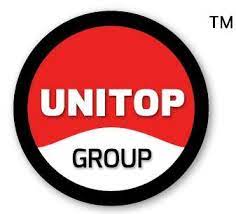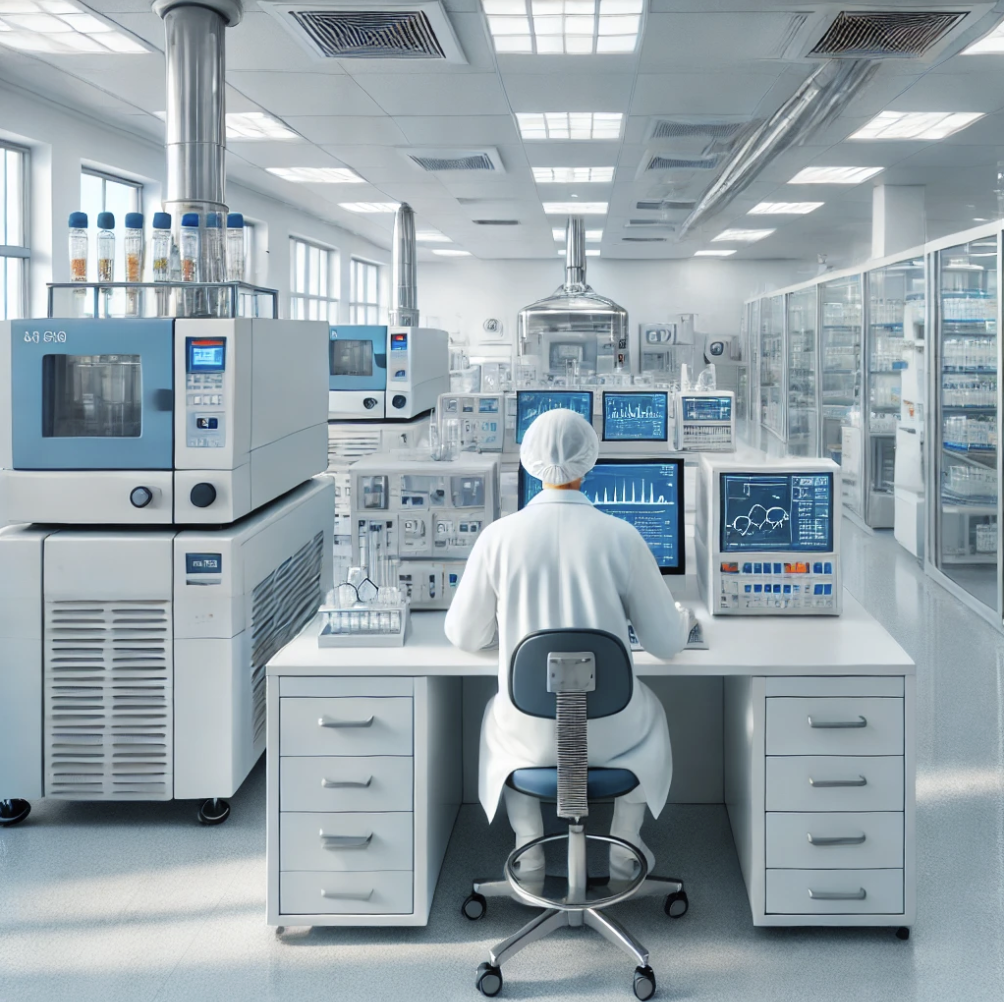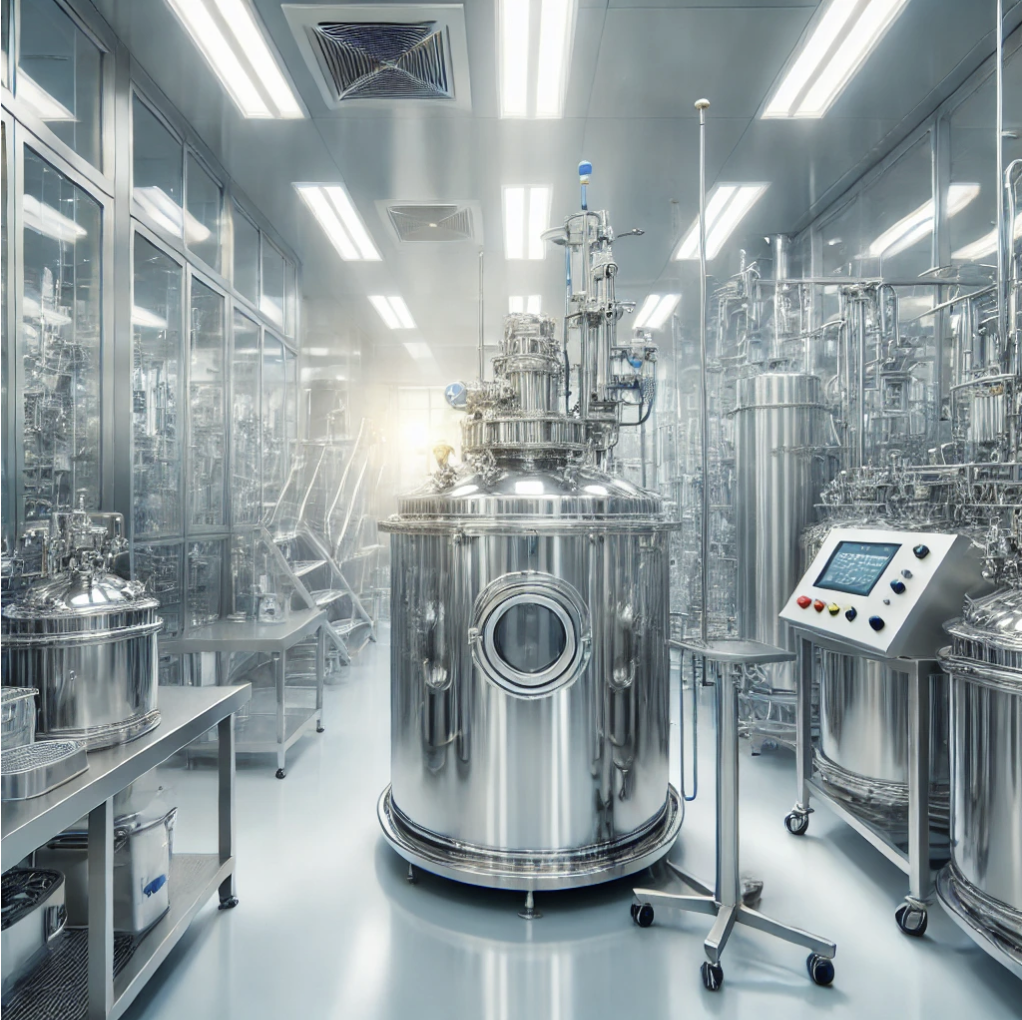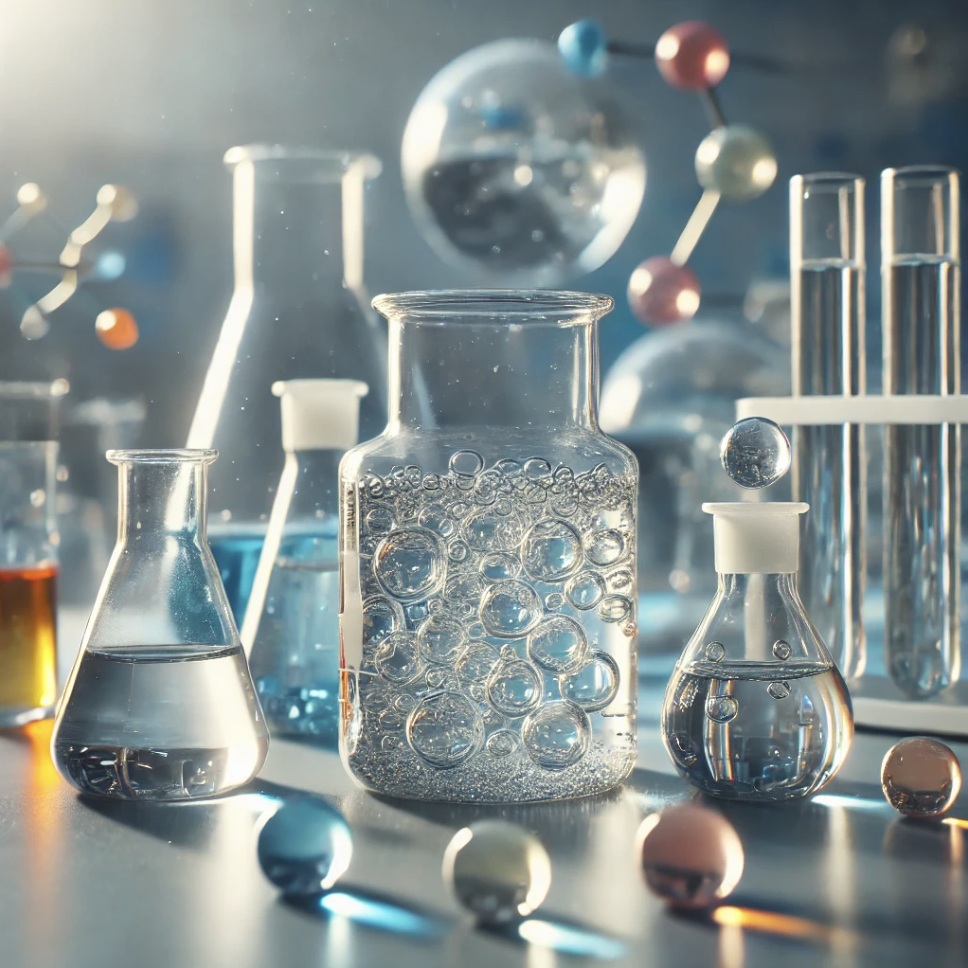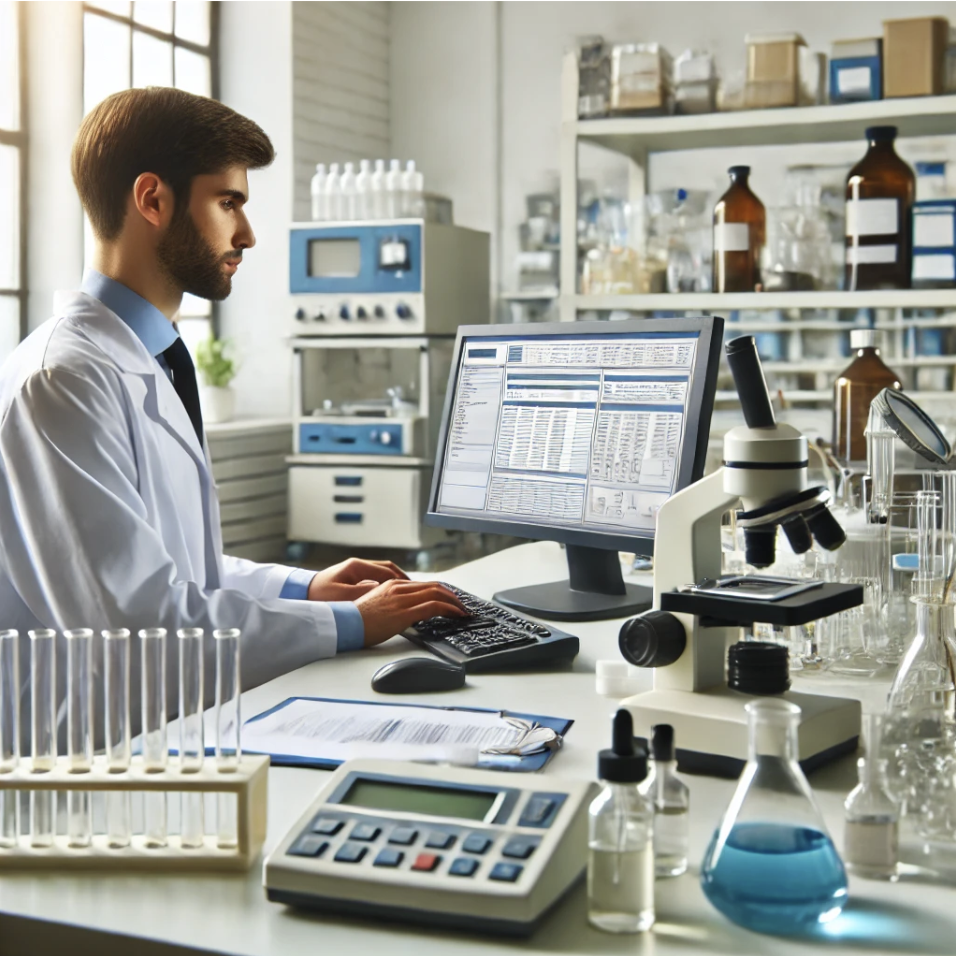Ensuring Purity: Quality Control Measures in Pharmaceutical Chemical Production
In the highly regulated world of pharmaceuticals, purity is more than a benchmark—it is a necessity. Every chemical used in pharmaceutical production must meet stringent quality standards to ensure safety, efficacy, and compliance. Achieving this requires rigorous quality control measures, particularly in custom chemical manufacturing services, where precision and customization are paramount. At Unitop Chemicals, we specialize in manufacturing surfactants and emulsifiers with a steadfast commitment to quality, serving as trusted partners in the pharmaceutical industry.
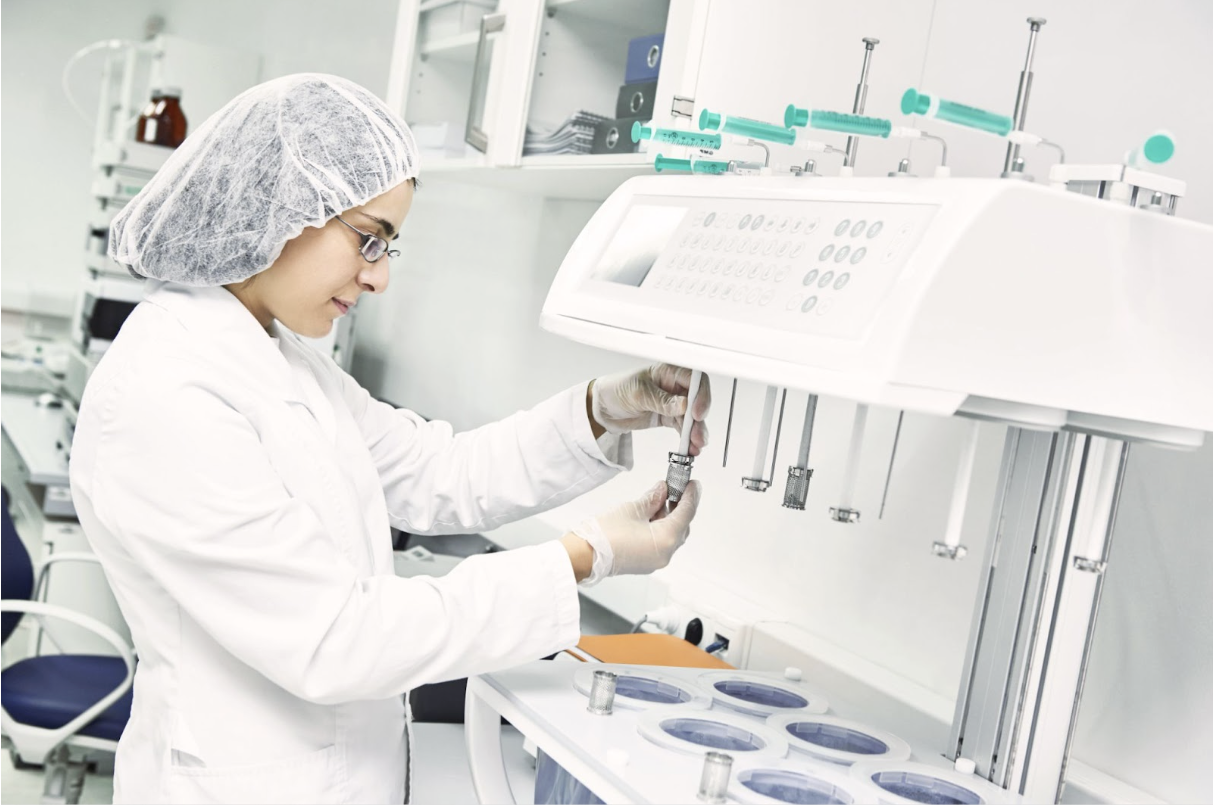
The Importance of Purity in Pharmaceutical Chemicals
Purity is a critical determinant of the safety and performance of pharmaceutical products. Even trace impurities can lead to adverse effects or reduced efficacy, making quality control indispensable. High-purity chemicals ensure:
- Patient Safety: Eliminating contaminants minimizes risks such as toxicity or allergic reactions.
- Regulatory Compliance: Meeting the standards set by organizations like the FDA or EMA ensures smooth market entry.
- Product Efficacy: Pure chemicals enable consistent therapeutic results.
Role of Custom Chemical Manufacturing Services
Custom chemical manufacturing services are essential for pharmaceutical production, as they offer tailored solutions to meet unique formulation needs. From the synthesis of specialized compounds to the refinement of raw materials, these services are a cornerstone of quality in pharmaceutical manufacturing.
Key benefits include:
- Tailored Solutions: Custom manufacturing ensures chemicals meet exact specifications.
- Advanced Purification Techniques: Sophisticated methods such as chromatography and crystallization are employed to achieve high purity levels.
- Scalability: Flexible production processes allow for both small-scale R&D and large-scale manufacturing.
Quality Control Measures in Pharmaceutical Chemical Production
- Raw Material Inspection:
Every production process begins with the evaluation of raw materials. At Unitop Chemicals, we verify the identity, purity, and safety of incoming materials to prevent contamination at the source. - In-Process Testing:
Quality control doesn’t end at raw materials. During production, real-time monitoring ensures that the process adheres to specifications. Techniques such as spectroscopy and chromatography are used to detect impurities. - Batch Release Testing:
Before chemicals are released for pharmaceutical use, they undergo rigorous batch testing. This includes physical, chemical, and microbiological assessments to ensure compliance with pharmacopeial standards. - Documentation and Traceability:
Comprehensive record-keeping ensures that every step of the manufacturing process is traceable. This not only ensures accountability but also facilitates audits and regulatory reviews. - Cleanroom Production:
Maintaining a controlled environment is critical. Our facilities are equipped with state-of-the-art cleanrooms to prevent contamination and maintain purity.
Innovations Driving Quality in Custom Chemical Manufacturing
- Automated Systems:
The integration of automation minimizes human error, ensuring consistent quality. - Green Chemistry Practices:
Sustainable methods, such as using renewable raw materials and minimizing waste, enhance both purity and environmental responsibility. - Advanced Analytical Tools:
Cutting-edge instruments like mass spectrometry and nuclear magnetic resonance (NMR) spectroscopy provide unparalleled accuracy in impurity detection.
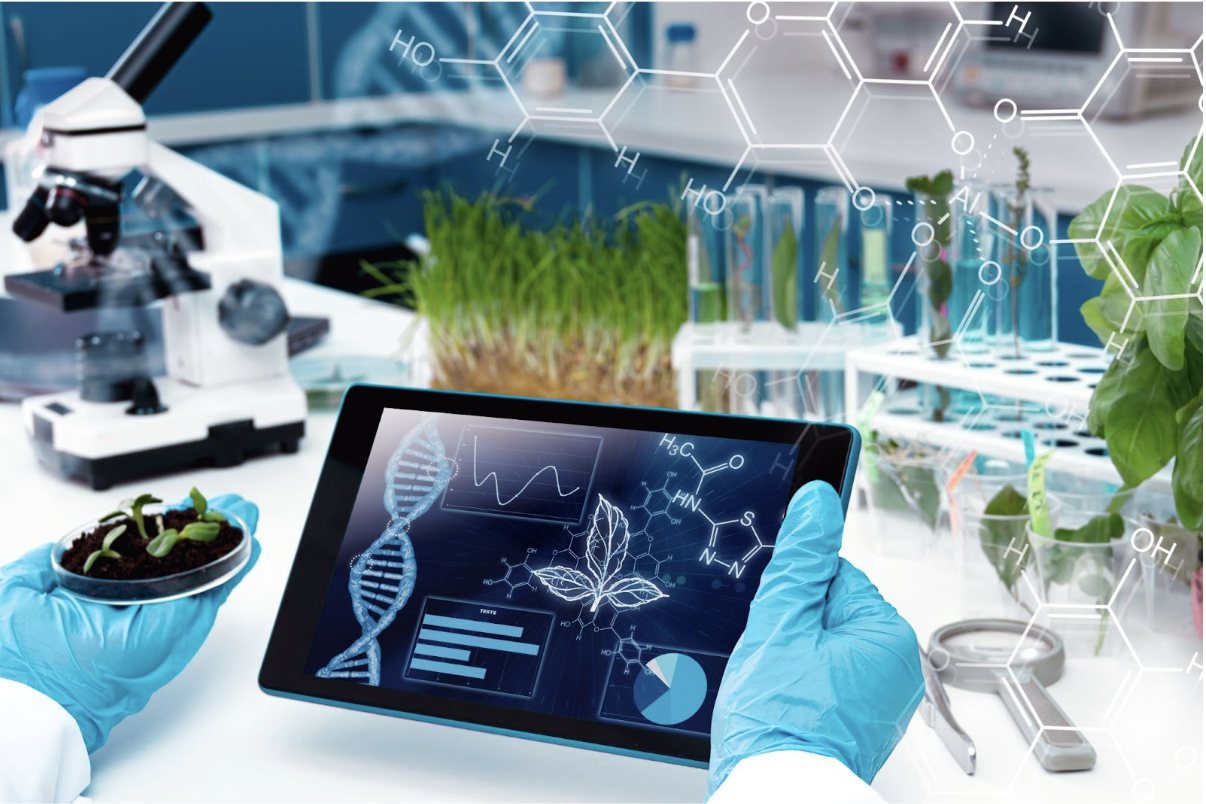
Why Choose Unitop Chemicals?
At Unitop Chemicals, we combine expertise with advanced technology to deliver custom chemical manufacturing services that meet the highest standards of purity. Our commitment includes:
- Certified Processes: Compliance with ISO and GMP certifications ensures top-notch quality and reliability.
- Tailored Solutions: We work closely with clients to customize products to their specific needs.
- Sustainability: Our processes prioritize eco-friendly practices, aligning with global sustainability goals.
Conclusion
The pharmaceutical industry demands uncompromising quality, and achieving it begins with high-purity chemicals. Through rigorous quality control measures and innovative manufacturing practices, custom chemical manufacturing services ensure the safety and efficacy of pharmaceutical products.
At Unitop Chemicals, we are proud to contribute to this critical industry by delivering surfactants, emulsifiers, and other essential compounds of the highest purity. By partnering with trusted manufacturers, pharmaceutical companies can ensure that their products meet the exacting standards required to improve lives and advance healthcare.
